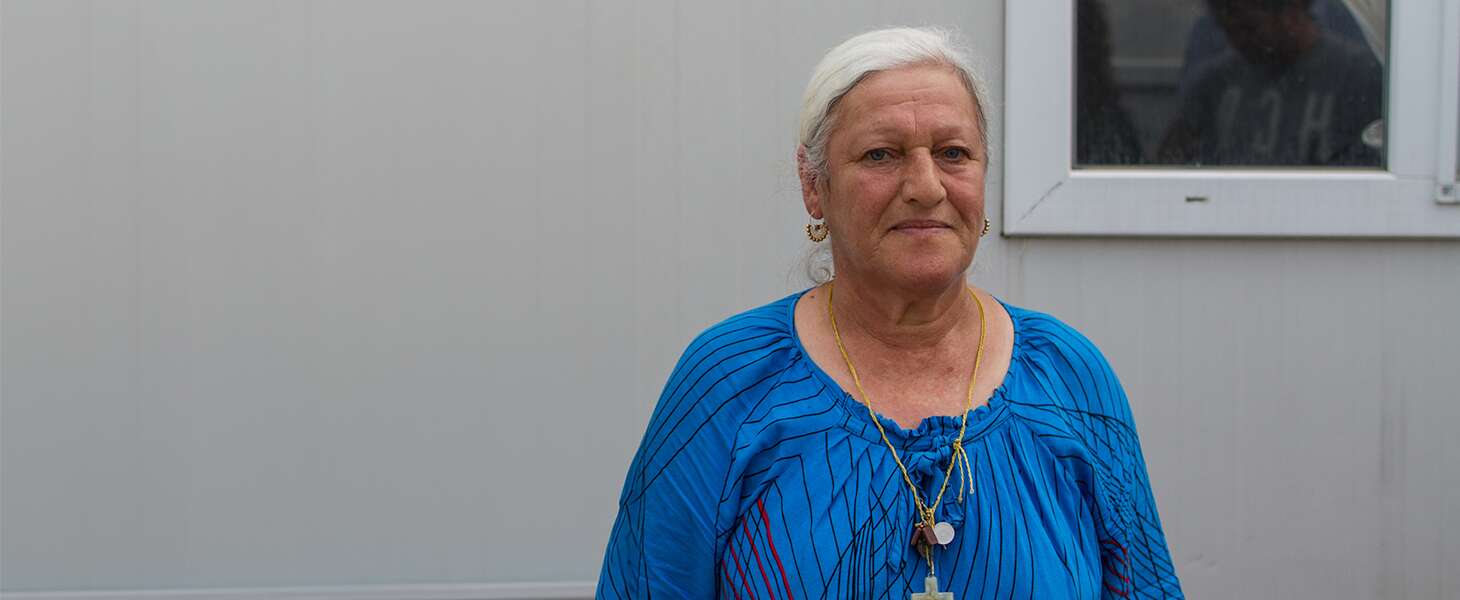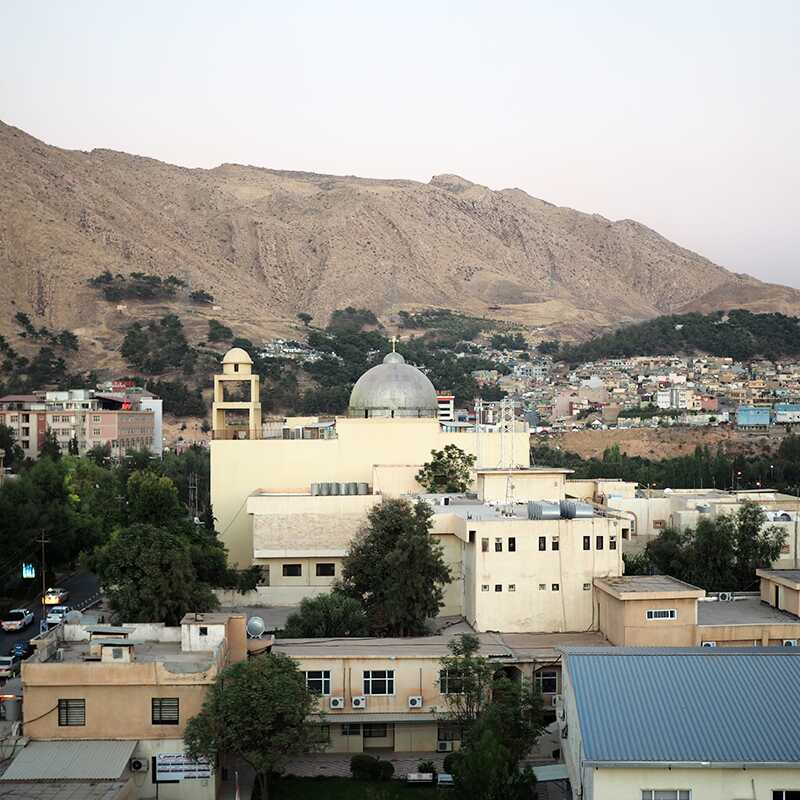



Iraqi Christians face increasing pressure from various groups, especially since the rise of Iran-backed Shia militias following the Islamic State group's territorial losses. While Islamic State still poses a threat, attacks from Turkey and Iran (airstrikes and ground operations) have devastated predominantly Christian villages, forcing many to flee and leaving communities empty.
Different Christian denominations, such as the Assyrian and Chaldean churches, are all seriously affected by discrimination and violence from militant groups and government authorities. In central and southern Iraq, many Christians avoid displaying religious symbols due to fear of harassment.
Pressure on converts from Islam is intense, often forcing them to hide their faith. In 2023, two converts faced severe backlash after sharing their beliefs online. And recently, after a decision of the Iraqi government, the Kurdish Regional Government cut parliamentary seats for religious minorities, diminishing their representation.
Most Christians in Iraq reside in the northern provinces such as Nineveh, Erbil, Sulaymaniyah, Dohuk and northern Kirkuk. Few remain in Baghdad and Basra. The situation is particularly challenging for Christians in the south and centre, where most have left, except for small groups of converts from Islam and a few Christians from non-convert backgrounds.
Violations against converts, especially Islamic and clan oppression, are more frequent in Arab areas than Kurdish ones. While Kurdish regions were once more tolerant of non-Muslims, this tolerance is decreasing due to the growing influence of conservative Islam, leading to increased pressure on converts from Islam.
Attacks on Christians are still continuing: on their skills, their jobs, the seizure of their properties, and an attempt to deliberately erase their heritage, history [and] religious legacy.
The pressure on Christians remained at an extreme level – and the score for violence continues to be very high. Widespread corruption and lack of real protection continue to undermine their rights and stability. There seems to be less tolerance for Christians even in areas where they were previously more welcome, such as in the Kurdistan region. Without meaningful reforms and guarantees of Christian rights, many fear the exodus of Christians from Iraq will continue unabated.
Open Doors' local partners strengthen the church in Iraq with training, trauma care, the delivery of Bibles and Christian books, livelihood projects and microloans, help to rebuild homes and churches, and crisis relief.

Heavenly Father, we pray for the Christians returning to northern Iraq, asking for Your strength and guidance as they rebuild their lives and communities. Bless the trauma care programmes supported by Open Doors, bringing healing to those affected by the atrocities committed by the Islamic State group. We also lift up converts from Islam, asking for Your protection and peace as they face significant pressure across Iraq. In your name we pray, Amen.
We use cookies and other technologies on our website. Some of them are essential, while others help us to improve this website and your experience. We use them, among other things, to offer you an option for secure donations and anonymously evaluate access to our website. It also allows us to share our own YouTube videos on the website. Depending on the function, the data is passed on to third parties and processed by them. More information on The use of your data can be found in our Privacy Policy. You can revoke or adjust your choice at any time under Cookie Settings.